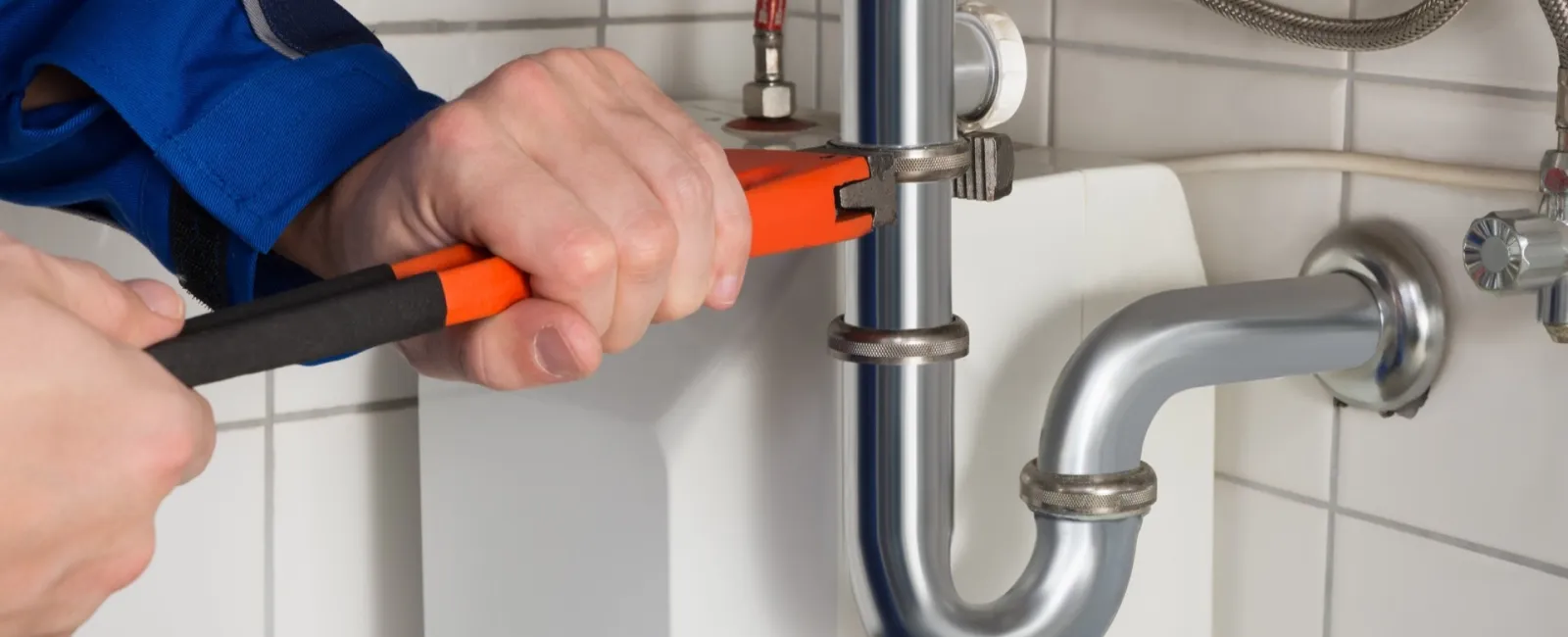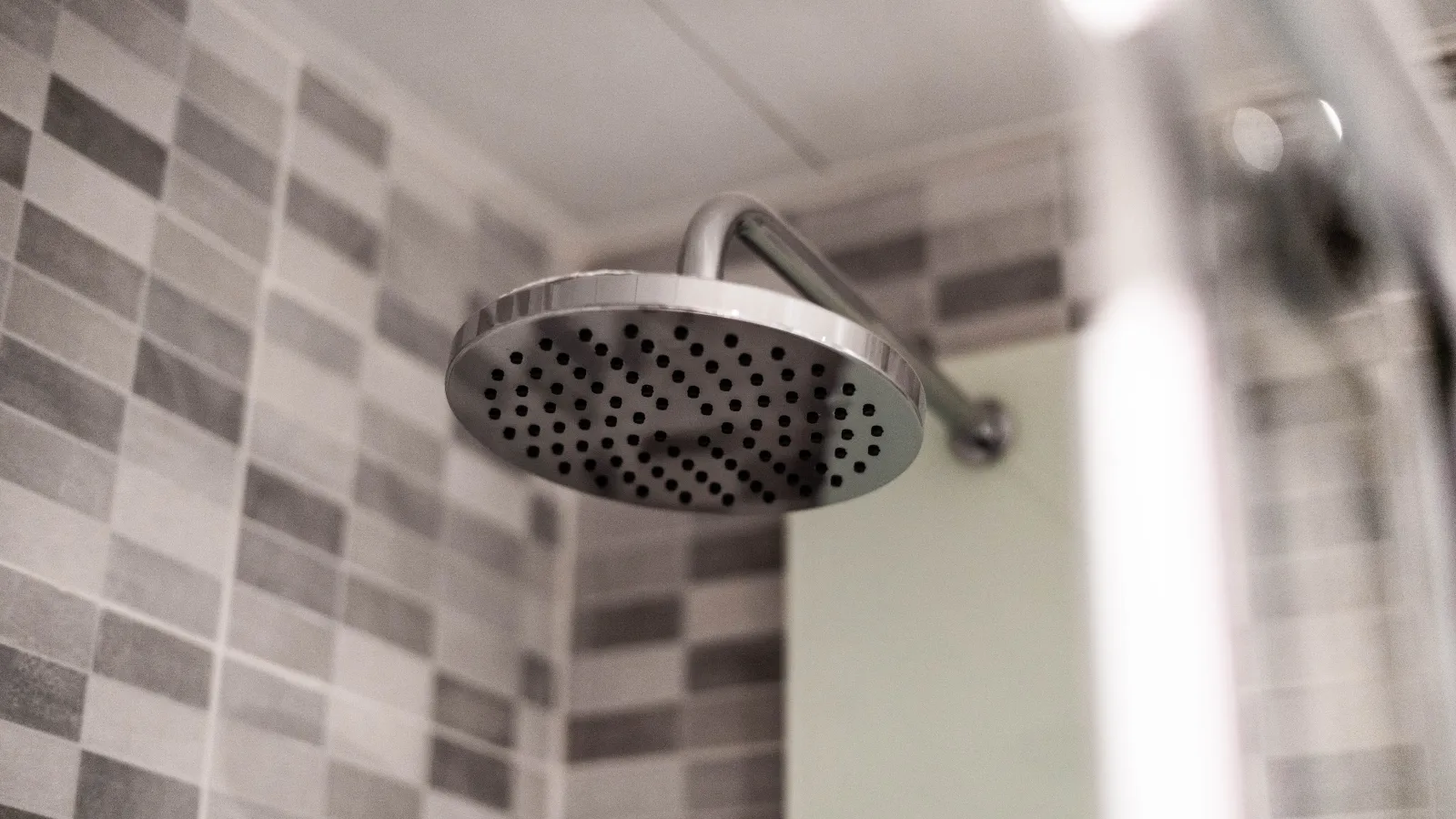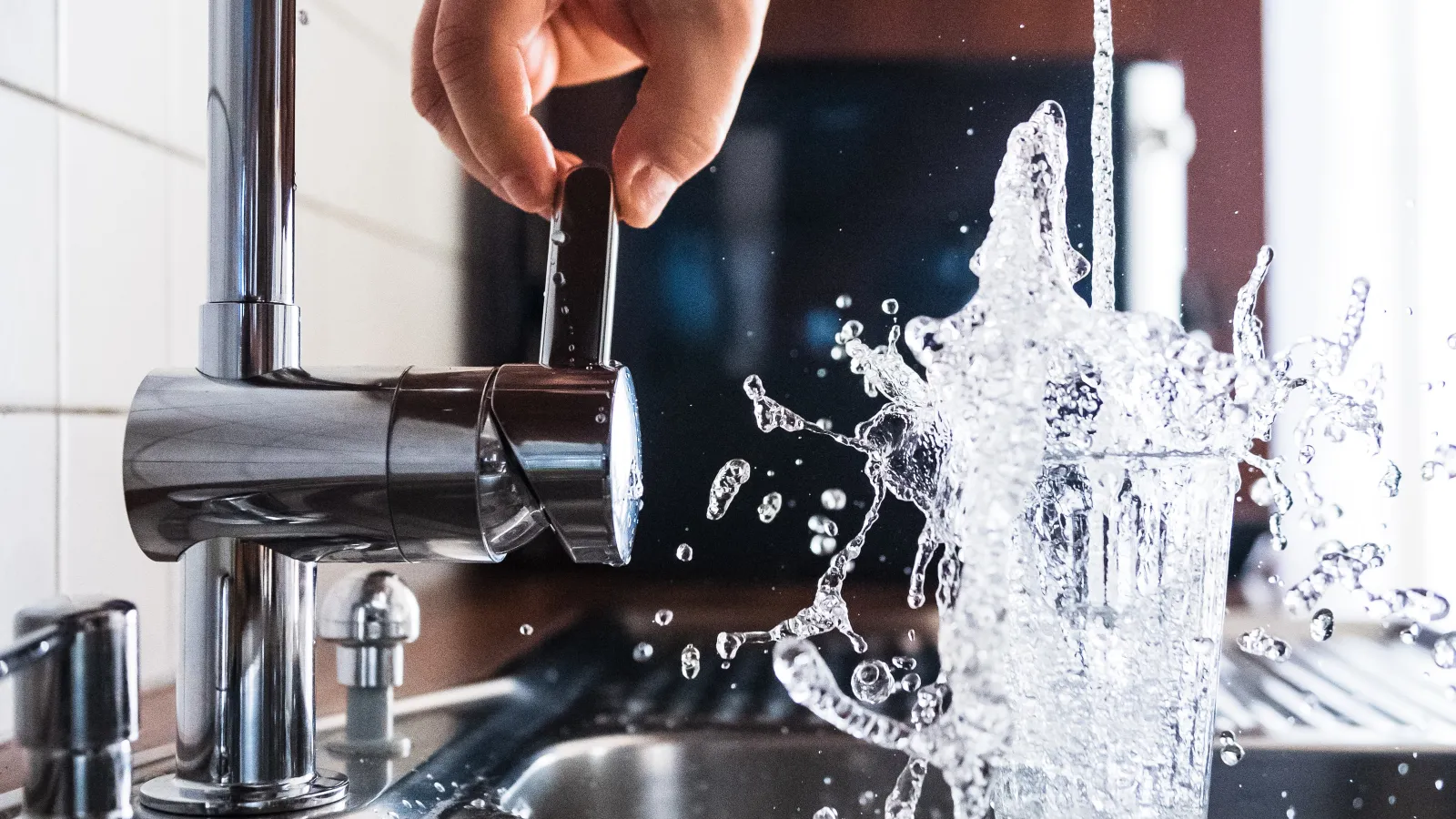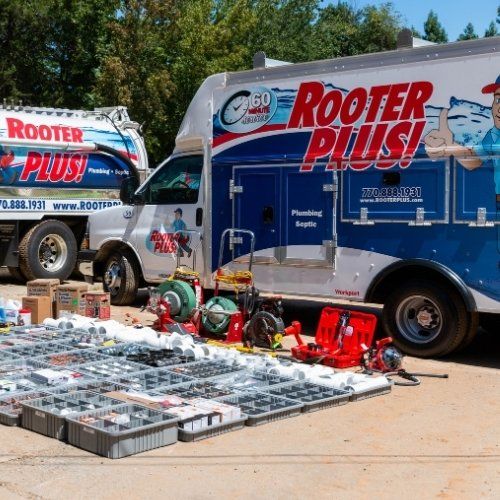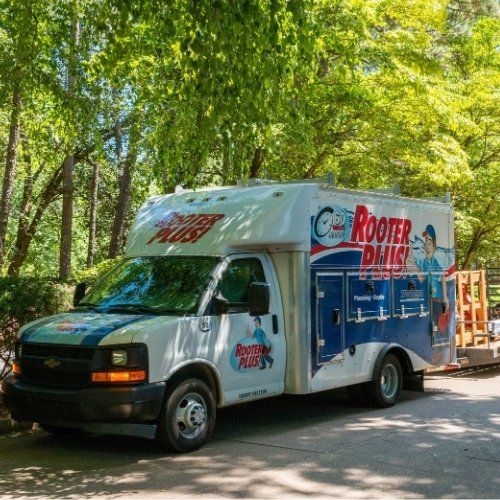June 27, 2013
Wipe Out
from Pumper Magazine, June 2013
What does the term, "flushable wipes" conjure in your mind? If you're like me, the phrase on product packaging indicates the wipes will flush down the toilet and break down in your sewer lines or septic system, thus working just like toilet paper. But it appears that's reading too much into the performance capabilities of these popular consumer products. And I have the plumbing bill to prove it.
About a year ago, we were using a lot of wipes in our house due to a medical condition. So we bought a wipe product that specifically promised to be flushable. They were indeed flushable; that is, they technically swirled down the toilet with ease. But exiting the house through the plumbing and into the sewer system? That's another story.
One morning, I went into the basement and was surprised by 3 inches of dirty water backed up on the floor and it was rising as a family member was taking a long shower upstairs. A call to the plumber and a lighter wallet later, I'd learned the hard way that flushable wipes are not what most consumers think they are.
The plumber snaked out the pipe leading under the basement and out to the road, and quickly brought up the source of our stoppage: A clog of wipes that were hung up in the system before they could fall into the sewer pipe and float away from our house.
"I don't care what the box says, these wipes are not flushable. And this happens all the time," the plumber told me. A weekend of hard labor and several gallons of bleach cleaned up my basement. And used wipes started going into a plastic bag for disposal in the trash.
SEPTIC SAFE?
Granted, my house is connected to the Big Pipe, but that doesn't mean this isn't a concern for contractors who pump septic tanks. In fact, wipes may be a bigger problem - particularly financially - for homeowners using decentralized wastewater systems. While my liability for using flushable wipes ends as soon as they drop into the sewer line in front of my house, homeowners with septic systems may incur costs due to potential clogging throughout the treatment system.
A California wastewater official - teaming with several national clean-water agencies - is starting to compile information on the problems caused by so-called flushable wipes, and hopes to learn how these issues are translating to septic systems. Nick Arhontes, director of facilities support services for the Orange County Sanitation District, says the wipes are starting to cause bigger problems for municipal sewer systems and wants to know what you're seeing when you inspect your customers' systems.
"The marketing for these products say they're 'flushable,' and now we're noticing the term 'safe for septic systems,' " Arhontes says. "We're scratching our heads a little bit. Are we sure? Who's checking for that?"
In Orange County, which operates one of the biggest sewer systems on the West Coast, there is greater evidence of consumer use of wipes, and Arhontes says users believe these products are OK to flush based on a marketing message. With a growth in the problem - showing up in added debris on treatment plant bar screens - he is collaborating with the Water Environment Federation, the National Association of Clean Water Agencies and the American Public Works Association to document issues related to wipes.
And he wants to hear from pumpers.
"We're trying to make a connection with the onsite industry, to hear about what they're seeing in the field," Arhontes says. "Are they seeing these products break down quickly in the septic tanks, or when the tanks are being cleaned, are they seeing the wipes and towels people are flushing and they're not breaking down?
TRUTH IN ADVERTISING
Arhontes thinks a key is truth and clarity in product labeling. He said pumpers should be as concerned as treatment plant operators when it comes to wipes. The thought is that consumers assume these products aren't causing problems, only to find out down the road that wipes do not break down like toilet paper. The message I've heard from pumping contractors - that human waste and toilet paper are the only things that should be flushed - rings true with Arhontes.
"We wholeheartedly agree they are flushable," he says of the wipes. "But what we're starting to focus on more now is rapid dispersability … They just don't break down and what we're concerned about is advertising and labeling."
Orange County has done bench testing with flushable wipes, using magnetic stirrers to agitate them for more than 24 hours. The result is no degradation of the wipes. Arhontes doesn't have a problem with the durability of products as long as consumers don't feel misled to believe they will break down like toilet paper.
According to a recent study released by the New England Water Environment Association, flushability assessment guidelines were developed in 2009 by the Association of the Nonwoven Fabrics Industry, which represents manufacturers of products like wipes. To be marketed as flushable under the guidelines, a product must be able to clear residential plumbing systems; be compatible with wastewater conveyance, treatment, reuse and disposal systems; and be unrecognizable in a reasonable period of time.
Wastewater officials would like any product like wipes to carry either a "safe to flush" or "do not flush" logo so consumers know what they can send down the toilet. Further, these groups would like manufacturers to continue to work on making these products dispersible to head off more problems as the products gain popularity.
Arhontes would appreciate your observations about the use of wipes in septic systems and if these products are causing problems for your customers. Learn more about the work being done by Arhontes and the agencies at www.nacwa.org/flushables.
Based on my own unfortunate experience and the failed dispersability testing by Orange County, I would say wipes manufacturers have a lot of work to do to make their products truly safe to flush. It's been all too clear that the products I've seen do not meet the standards set out to be marketed as flushable.
